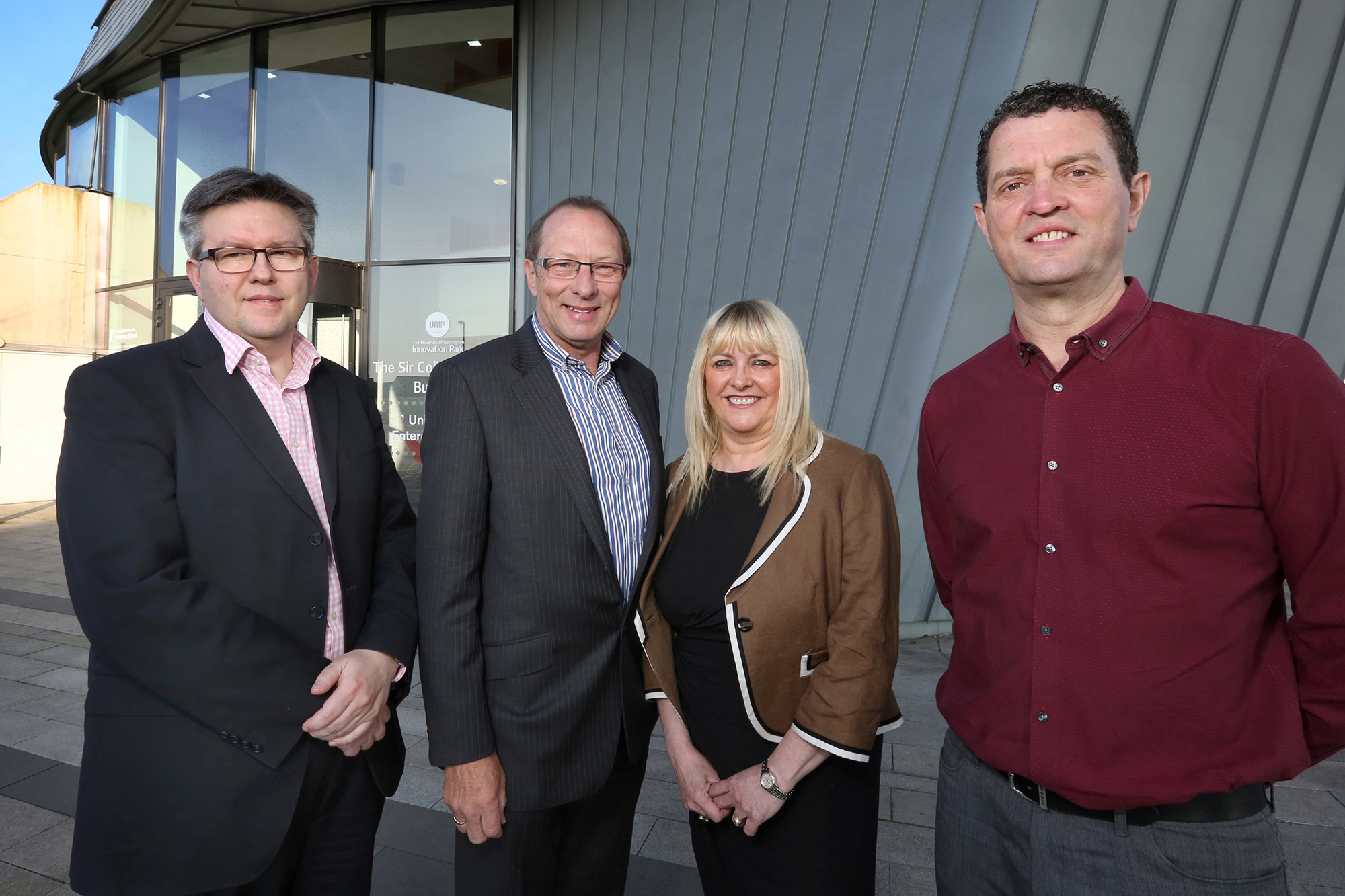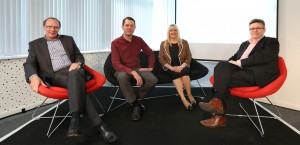
27 April, 2015, by Georgia Ames
Nottinghamshire + D2N2 + Business
This week’s ingenuity breakfast session took on a different format and considered how changes in the public sector could present opportunities to local businesses. Richard Baker, Deputy Editor of the Nottingham Evening Post, put a range of questions to three representatives from the Council, Local Enterprise Partnerships along with Small and Medium Enterprises.
Ingenuity Breakfast Event: Tuesday 21st April 2015
Interviewer: Richard Baker
Speakers: – Jayne Francis-Ward, Deputy Chief Executive of Nottinghamshire County Council
– Peter Richardson, Chair of D2N2 Local Enterprise Partnership
– Steff Wright, MD of Gusto Group Limited

Richard put to the panel: What does the council do for businesses?
A generally positive response came from the panel, and to put things into perspective, they outlined a few examples of ways in which councils support businesses. The council helps businesses and people every day providing us different services including: Adult care, Social Care, library services, health services are provided to us.
However local authorities are under resourced in some areas which can present challenges – delays in planning was cited as an example. Also, it became apparent that large organisations, such as the County Council work to a longer time frame which isn’t ideal for SME’s.
It was also suggested that small businesses have to work harder to understand large organisation’s processes, however if they align their practices to match the public sector then opportunities can be opened up.
What is the impact on businesses of council cut backs?
With the council already having cut backs of £185M over the last 5 years, Jayne explained that crisis breeds innovation. These cutbacks have therefore had some positive impacts for the council, as customer satisfaction rates have in fact increased in recent years. Further significant savings are required, which the council are looking to achieve through digitalising many of their services.
Steff also pointed out that council cut backs were in fact benefiting SMEs as it is fuelling engagement with the local authorities; he outlined the; ‘Men in Sheds’ project, which has been set up by a small amount of funding from the local council and support from the Gusto Group. Men in sheds is a project specifically for men aged 60 years and over. It aims to bring older men together to put their practical skills to good use and encourage them to be more socially active.
Is the public sector going to change?
No-one can be certain on what is going to happen in the forthcoming election, or indeed over the next 10 years. However, all agreed that many more partnerships and social enterprises will be forming in the coming years. Also, Jayne suggested that health and emergency services will see more integration with combined hubs around our local areas. Looking forward, Peter stated that our Universities and Colleges are absolutely essential to innovation and business growth, they also need to be sustained and improved.
Richard brought the session to a close by asking the panel members for 3 key messages that the audience could take away from this event:
- Engage with an open mind and build strong relationships
- Be innovative, Be unique
- Tell larger companies what you need – they are willing to help.
Our next breakfast session will be on Tuesday 2nd June, where Bob Berry (Boots Professor of Accounting and Finance) will highlight the way in which the tax system is designed to encourage specific types of capital and revenue expenditure, such as R&D spending, which are key elements in determining how a business will develop. For more information, visit the Ingenuity Website.
No comments yet, fill out a comment to be the first

Leave a Reply